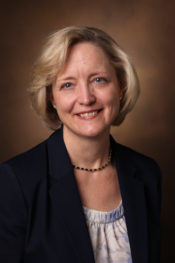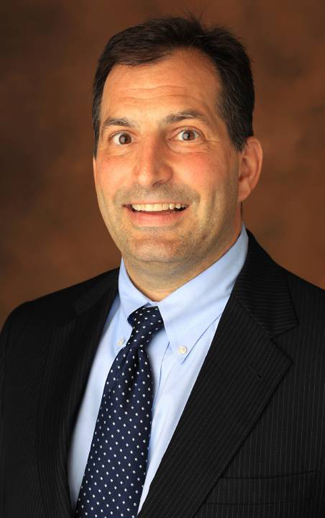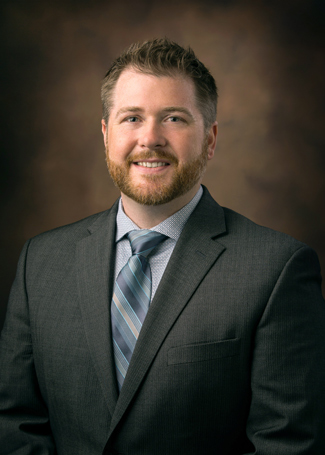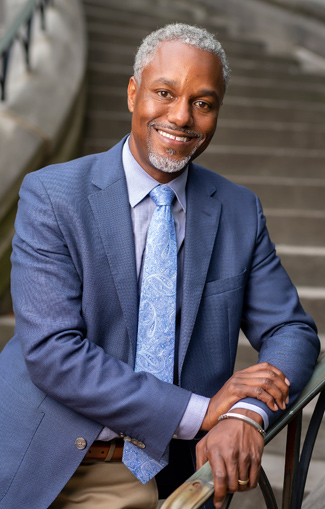
Guided by the principle that shared success depends on a deep understanding of the variety of views, engagement, concerns and successes experienced by members of a community, university administrators and faculty and staff committees are launching a series of surveys to seek feedback from Vanderbilt’s campus community with the goal of informing policy and programming decisions. The surveys will build upon past survey data and efforts.
The collaborative effort involves input from several key university committees in partnership with Provost and Vice Chancellor for Academic Affairs Susan R. Wente, Vice Chancellor for Administration Eric Kopstain, Vice Chancellor for Equity, Diversity and Inclusion and Chief Diversity Officer James E. Page Jr. and Vice Chancellor for Communications Steve Ertel. Opportunities will be created throughout the year for the campus community to offer their feedback and insight on key issues, including sexual harassment, employee satisfaction, equity and inclusion, transportation and mobility, family and child care resources, and more.

“Our greatest strength is the people who comprise this remarkable institution. In line with our shared governance model and values, we believe bringing together the many unique and diverse viewpoints we have on campus will offer a depth of understanding that we, as a community, need to inform our shared decision-making processes,” Wente said. “These new initiatives will build upon what we have learned from other feedback we have gathered, such as through the COACHE faculty survey, to continue to evolve our campus environment and experience in a manner that is supportive of all.”
The efforts also mark an expansion of FutureVU by developing the university’s holistic and mission-centric initiatives to advance the university’s human capital in addition to the land and built resources already supporting the Academic Strategic Plan.
“FutureVU has always been based on the human element – making our spaces, our land and our buildings better for the people who use them,” Kopstain said. “Transforming our campus to physically represent the goals of the Academic Strategic Plan only works if we also are ensuring that every member of our community is able thrive intellectually, physically and socially.”

FutureVU’s guiding principles include themes such as sustainability, accessibility, diversity and inclusion.
“FutureVU is the action plan to build and nurture the community necessary to bring Vanderbilt’s ambitious Academic Strategic Plan to life,” Ertel said. “By bringing together efforts to enhance our physical spaces with efforts to create community steeped in our shared values, we can provide the support system for our incredible faculty and students to succeed.”
The surveys will also inform the women’s initiatives being led by Wente, Kopstain and Page. The Provost’s Steering Committee for Initiatives Focused on Women and the Staff Steering Committee for Women’s Initiatives will be closely connected to the various survey efforts.
“To continue to evolve our campus into the beloved community that we all know it can be, we must truly understand the different experiences and underlying barriers and opportunities that exist and are perceived by each member of our community,” Page said. “These surveys will give us detailed and essential data upon which to build our future decisions, initiatives and investments.”

Through Wente’s office, all undergraduate, graduate and professional students recently participated in the Student Campus Climate Survey on Sexual Assault and Misconduct, part of a collaborative effort directed by the Association of American Universities across 33 institutions. This spring 2019 assessment followed up on a 2015 student campus survey, and allows the university to monitor progress on initiatives addressing sexual assault prevention.
“Our research and educational missions can only be fully realized if our students, faculty, postdoctoral scholars and staff are empowered to participate in the process. This year of listening offers the Vanderbilt community a real opportunity to foster progress and change,” added Wente, whose office works with various committees to consider data collected through the COACHE faculty satisfaction survey and the student quality of life and campus climate surveys.
For more information, visit the FutureVU website.